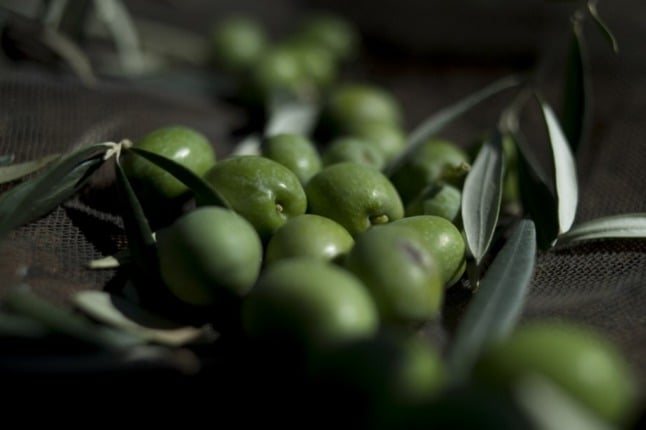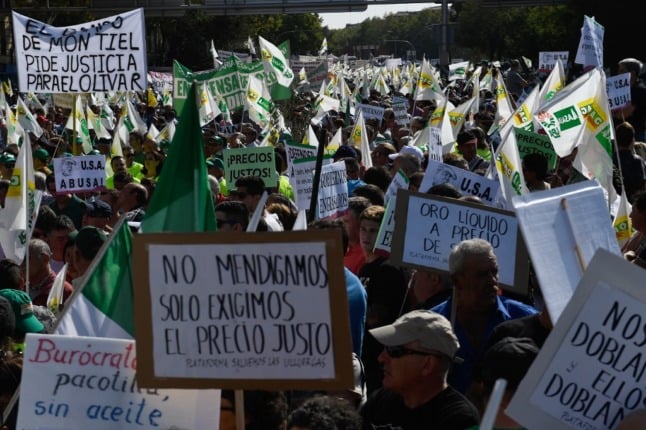Net profit rose 56 percent to €1.25 billion ($1.72 billion) on record sales that rose 7.3 percent to €21.1 billion, while the earthquake which hit car major parts suppliers cost Renault €150 million.
“The financial results were impacted by external events, including supply constraints, which will subside in the second half, and a considerable increase in the cost of raw materials,” said chief executive Carlos Ghosn.
He said in the statement the group maintained its outlook for operational free cash flow — a key measure of profitability — at more than €500 million this year.
“The supply constraints stemming from the Japanese tsunami had an unfavourable impact on the operating margin of automotive of an estimated €150 million in the first half,” the statement said.
The company said it expected the consequences of the earthquake would cost it a further €50 million this year.
“Supply constraints are expected to subside gradually in the second half, enabling a strong recovery in production from September.”



 Please whitelist us to continue reading.
Please whitelist us to continue reading.
Member comments